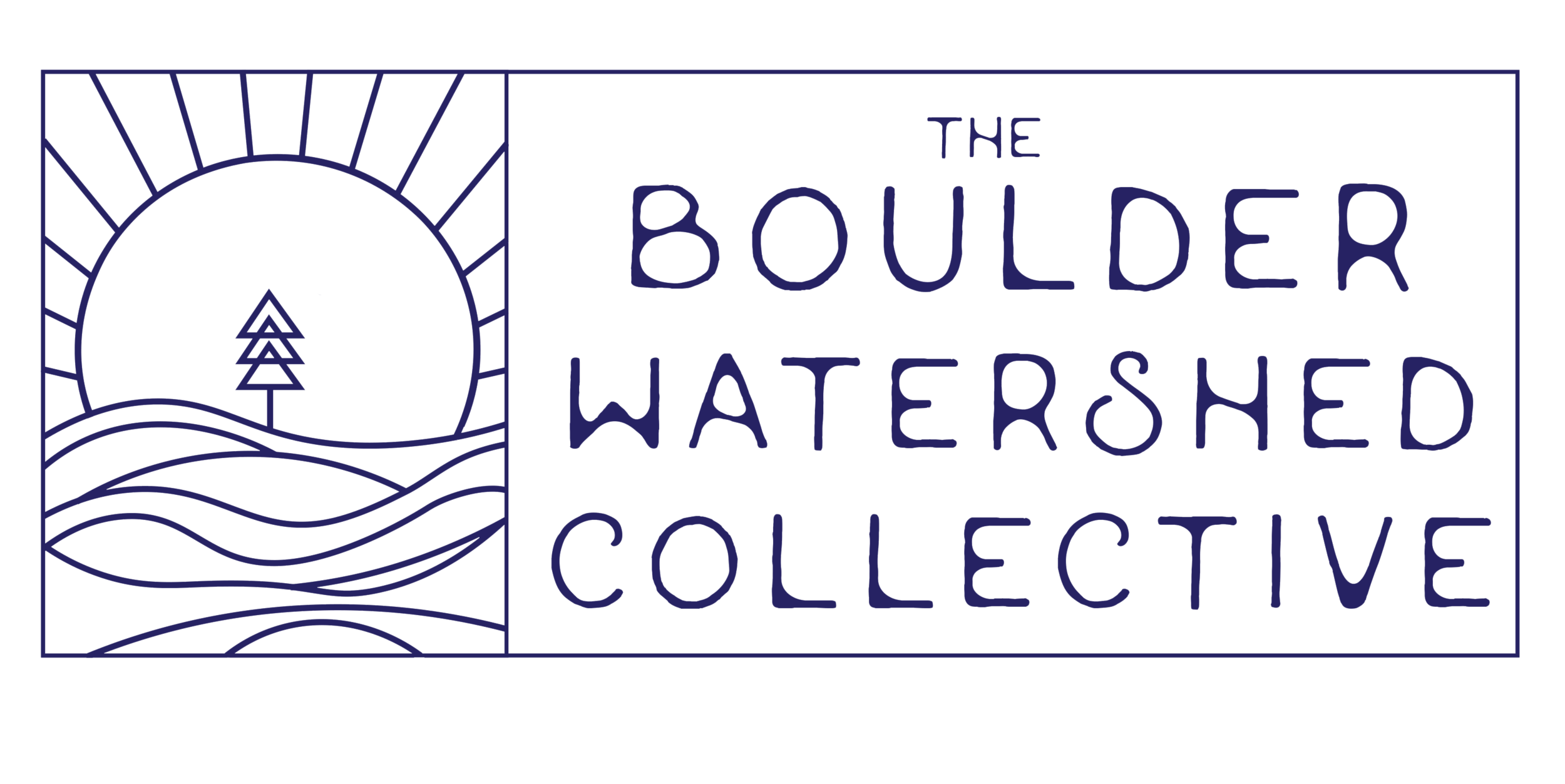It has been estimated that 40 per cent of the estimated 6,700 languages spoken around the world are in danger of disappearing. The fact that most of these are Indigenous languages puts the cultures and knowledge systems to which they belong at risk. Indigenous peoples are often isolated both politically and socially in the countries they live in, by virtue of geographical remoteness or historical, cultural, and linguistic differences. Indigenous peoples are not only leaders in protecting the environment, but their languages represent complex systems of knowledge and communication and should be recognized as a strategic national resource for sustainable development, peacebuilding and reconciliation. The use of indigenous languages also works to promote local cultures, customs and values which have endured for thousands of years. Indigenous languages add to the rich tapestry of global cultural diversity. Without them, the world would be a poorer place (https://idil2022-2032.org/about-2022-2032/).
Join this panel to learn more about the International Decade on Indigenous Languages and about efforts locally and nationally to preserve and strengthen Indigenous languages in the United States.
Panelists include:
• Dr. Joseph Dupris, Jr.: is a Visiting Assistant Professor of Ethnic Studies and Linguistics at the University of Colorado. Dr. Dupris received his PhD in Linguistics and Anthropology from the University of Arizona in 2020. His work addresses issues around tribal language research, with a focus on analyzing language, race, and nation and sustaining the integrity of tribal polities. Dr. Dupris is enrolled in the Klamath Tribes (the Klamath, Modoc, and Yahooskin tribes of southern Oregon and northern California), and is of Modoc, Klamath, Paiute and Lakota descent. He was introduced to maqlaqsyals as a child attending tribal culture camps; his interest in language was reignited in 2013 when he returned to Chiloquin and participated in adult maqlaqsyals language classes after graduating from the University of Washington with a degree in American Indian Studies. Dr. Dupris has developed teaching methods and workshop series to help youth learn — and adults re-embrace — a language that has long been suppressed. Joe is using new methods to expand daily use of maqlaqsyals, from YouTube videos to remote teaching to an independent study course at Chiloquin High School, which allows students from the approximately 50 percent Tribal student body to access their ancestral language.
• Theresa HisChase (Nookhoosei Niibei: Singing Sage) (Northern Arapaho): Teresa is a member of the Northern Arapaho Tribe and the new Indian Education Director at Wyoming Indian Schools in Ethete (Arapaho: Koonoutoseii'), Wyoming on the Wind River Reservation. Theresa has collaborated in the development of an Arapaho language App, two immersion preschools on the reservation and a Master Apprentice program. She is a grant writer, educator, linguist and in every sense a cultural ambassador for the Arapaho people.
• Rachel Nez (they/them): A documentary filmmaker, academic, and teacher from the Navajo reservation. Rachael is passionate about working with Native people and the revitalization and maintenance of heritage languages. Along with their community and heritage language engagement, Rachael is continually looking at media technologies and how it aids in the telling and archiving of Native stories. Rachael holds a Ph.D. in Native American Studies from the University of California, Davis. They have served as Associate Professor at the Institute of American Indian Arts, where they taught courses in video production, cinema history, and storytelling. They have also collaborated with tribal communities throughout the United States, Canada, Hawaii, and Australia, working with tribal elders to produce learning language materials, film projects, and digital stories in their Native languages. Rachael continues to contribute to Navajo language maintenance and looks forward to increasing the Native and Indigenous presence at all levels of arts and education.
Presented by Right Relationship Boulder and in partnership with the City of Boulder Human Relations Commission, Boulder Arts Commission, CU Center for Native American and Indigenous Studies, the Mediator Foundation and Boulder Watershed Collective.
